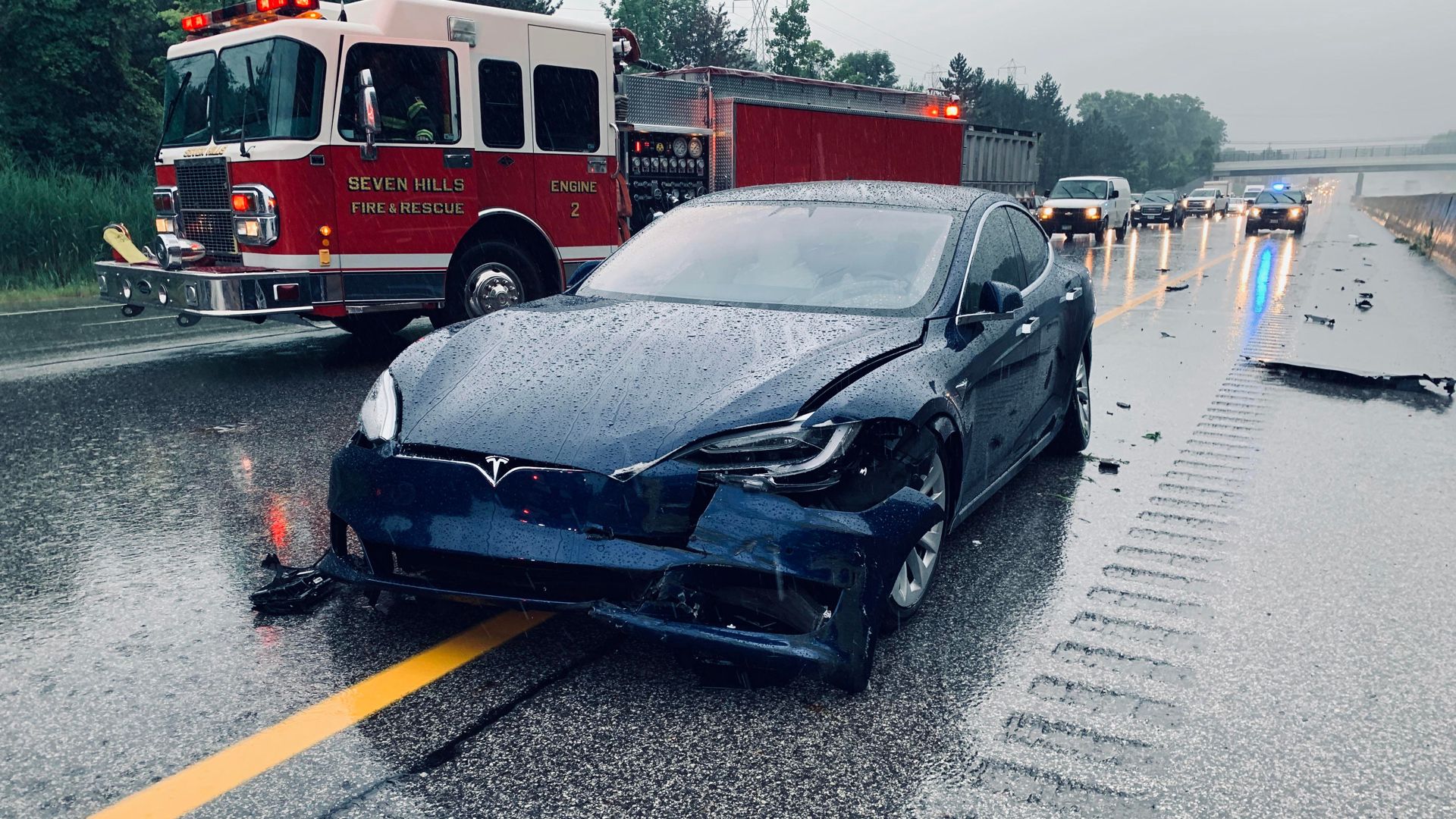Quick Links
Between the ever-increasing gas prices and all the affordable electric cars coming in 2023, many consumers are considering an EV. And while your electric car will save you at the pump and requires less maintenance, EVs cost more to insure.
While this is slowly becoming less of an issue, electric car insurance is indeed more expensive than your gas guzzler. Even the same car model will cost more if it's an EV or PHEV. So, while calculating your expenses and finances, don't forget to factor in EV insurance coverage.
Here's what you need to know about electric car insurance and ways to potentially lower your premium.
Why Is Electric Car Insurance More Expensive?
While several factors go into anyone's car insurance costs, you'll spend more each month if the car is electrified. Those factors include driving history, violations, accidents, claims history, age, driving experience, where you live, and how much the vehicle costs.
And as we all know, electric vehicles are pretty expensive. Typically, more expensive cars cost more to insure because they also cost more to repair or replace. EVs generally have higher repair costs, especially if the battery gets damaged, not to mention dealing with expensive and specialized technology features.
For example, auto insurance providers know it'll likely cost more to repair or replace an electric vehicle than a traditional model. Furthermore, many collision centers aren't qualified to make electric vehicle repairs, and you may have to send that Tesla off to a specialty shop or Tesla-certified center.
Depending on the model you buy, it may need to go to a specialty shop which usually charges more per hour for labor. That added cost hits your wallet, not the insurance company.
What You Can Expect to Pay
Keep in mind that your mileage may vary when it comes to auto insurance. Each person, location, model, and all providers are different.
According to a June 2022 report by GetJerry, electric car owners can expect to pay roughly $56 more per month to insure their vehicles. That's over $650 extra each year on insurance premiums. At first glance, that's quite the difference, but a few other reports suggest lower price variances. However, EV owners will be spending more to insure a car.
Again, insurance pricing and premiums vary by state, but according to Bankrate, the average cost of car insurance in the U.S. is around $1,770 per year for full coverage. However, that number quickly jumps to over $2,200 annually (on average) when you insure an electric car. That's still north of $40 more per month.
Owning a Toyota Prius or a plug-in hybrid electric vehicle will cost a little less to insure than an all-electric vehicle. Or, for example, a $45,000 EV will cost less than a $90k Rivian R1T electric truck for full coverage. We have seen expensive electric vehicles be insured for around $1,900 per year, making them only slightly more costly to keep covered.
However, it's worth stating that you could get tax incentives on that EV, not to mention you'll quickly offset the insurance difference on fuel and maintenance savings. Plus, it should go without saying, but shop around, check with different providers and find the best deal possible.
Can I Lower EV Insurance Costs?
Insurance companies use all types of criteria and coverages when determining your premium and how much you'll pay. Things like collision, comprehensive, and uninsured motorist coverage can and will vary by company. Furthermore, consumers can also choose their level of protection for specific situations.
And while I wouldn't recommend choosing the lowest insurance tier to save money, there are ways to lower EV insurance costs. For one, you'll want to get quotes from multiple insurance companies and compare what each one offers. Many of the cheapest providers offer lower payouts for medical or uninsured motorists, so pay attention to that, too.
You'll want to look for providers that offer the best overall package, roadside assistance, rental protection, and things of that nature. Premiums can vary greatly for the same EV, as each company has its own tiers.
That said, even once you decide on an insurance provider, there could be ways to save money. You could increase your deductible and lower your premium, but you'll pay more out-of-pocket if you have an accident.
You can opt to go with an insurance provider that offers discounts when you install an insurance tracking device or app. For example, Tesla has its own car insurance in select states that rewards safe driving, and you can quickly sign up or adjust the policy with their app.
Several insurance companies offer usage-based discounts, too. Depending on how little you drive, you could save a significant amount on your monthly insurance policy.
And finally, don't forget things like bundling home and auto insurance, good student discounts for college kids, and other discounts. Finally, if you can pay for a six or 12-month policy in full instead of monthly, it could help offset the EV increase.
In closing, it's worth mentioning that with the rapid increase in electric vehicles hitting the market, rates are starting to get ultra-competitive. As a result, we're slowly seeing electric car insurance premiums drop to pricing similar to regular vehicles in some instances.
So, your insurance could potentially stay the same depending on where you live and what you drive, but don't be surprised if it costs a little more each month. Call your provider and find out today.




